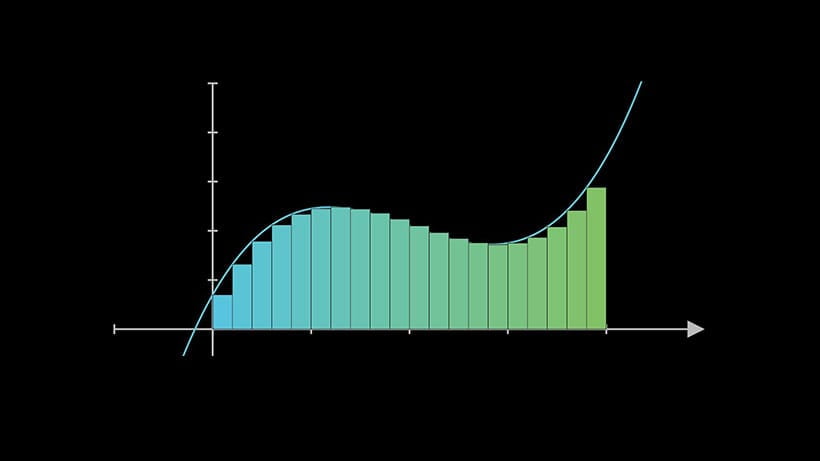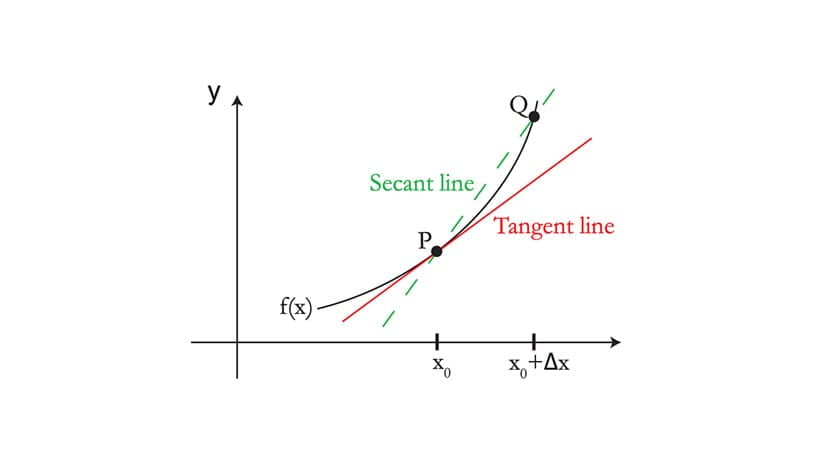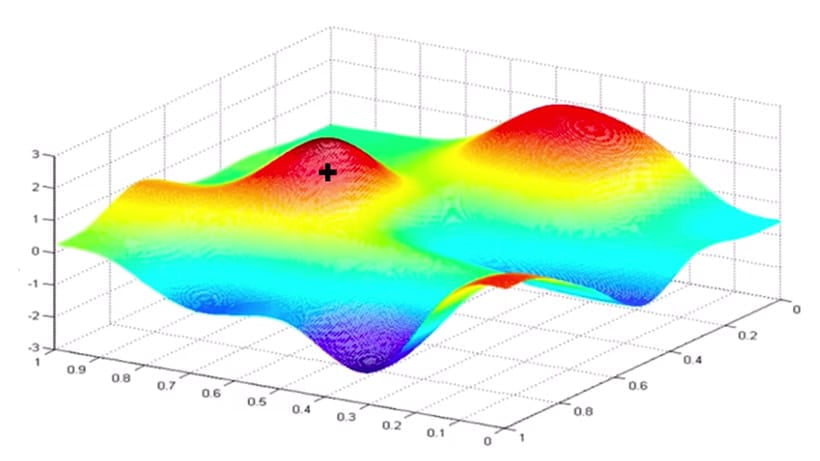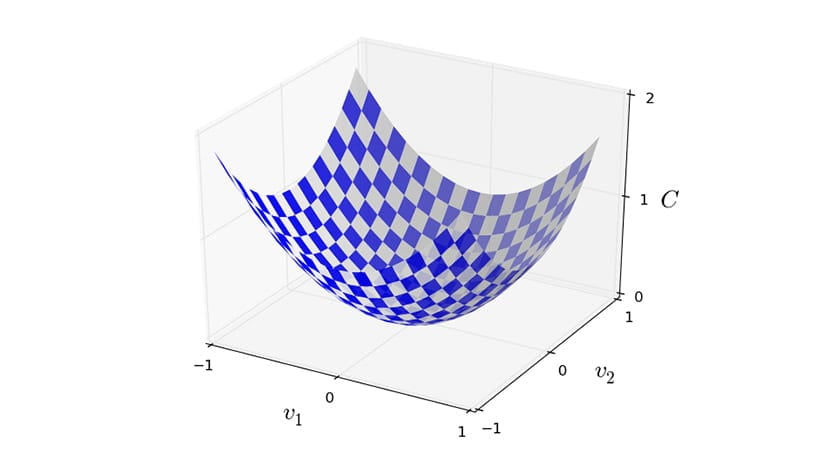Học máy lý thuyết và nâng cao với TensorFlow
Trước khi bắt đầu với các tài liệu học tập dưới đây, hãy đảm bảo:
Hoàn thành chương trình giảng dạy Kiến thức cơ bản về học máy với TensorFlow hoặc có kiến thức tương đương
Có kinh nghiệm phát triển phần mềm, đặc biệt là Python
Chương trình giảng dạy này là điểm khởi đầu cho những người muốn:
Nâng cao hiểu biết của họ về ML
Bắt đầu hiểu và triển khai các giấy tờ với TensorFlow
Bạn phải có kiến thức nền tảng về cách hoạt động của ML hoặc đã hoàn thành tài liệu học tập trong chương trình giảng dạy dành cho người mới bắt đầu Kiến thức cơ bản về học máy với TensorFlow trước khi tiếp tục. Nội dung dưới đây nhằm hướng dẫn người học tiếp cận nội dung học máy mang tính lý thuyết và nâng cao hơn. Bạn sẽ thấy rằng nhiều tài nguyên sử dụng TensorFlow, tuy nhiên, kiến thức có thể được chuyển sang các khung ML khác.
Để hiểu rõ hơn về ML, bạn nên có kinh nghiệm lập trình Python cũng như kiến thức nền tảng về phép tính, đại số tuyến tính, xác suất và thống kê. Để giúp bạn đào sâu kiến thức ML của mình, chúng tôi đã liệt kê một số tài nguyên và khóa học được đề xuất từ các trường đại học cũng như một số sách giáo khoa.
Bước 1: Làm mới hiểu biết của bạn về các khái niệm toán học
ML là một môn học nặng về toán học. Nếu bạn dự định sửa đổi các mô hình ML hoặc xây dựng các mô hình mới từ đầu, thì việc làm quen với các khái niệm toán học cơ bản là rất quan trọng. Bạn không cần phải học trước tất cả các phép toán mà thay vào đó, bạn có thể tra cứu các khái niệm mà bạn chưa quen khi gặp chúng. Nếu đã lâu rồi bạn chưa tham gia một khóa học toán, hãy thử xem danh sách phát Bản chất của đại số tuyến tính và Bản chất của phép tính từ 3blue1 brown để ôn lại kiến thức. Chúng tôi khuyên bạn nên tiếp tục bằng cách tham gia một lớp học từ một trường đại học hoặc xem các bài giảng truy cập mở từ MIT, chẳng hạn như Đại số tuyến tính hoặc Phép tính một biến .

Một loạt video ngắn, trực quan từ 3blue1 brown giải thích sự hiểu biết hình học về ma trận, định thức, yếu tố riêng và hơn thế nữa.

Một loạt video ngắn, trực quan từ 3blue1 brown giải thích các nguyên tắc cơ bản của phép tính theo cách giúp bạn hiểu rõ về các định lý cơ bản chứ không chỉ cách hoạt động của các phương trình.

Khóa học giới thiệu này của MIT bao gồm lý thuyết ma trận và đại số tuyến tính. Nhấn mạnh vào các chủ đề sẽ hữu ích trong các ngành khác, bao gồm hệ phương trình, không gian vectơ, định thức, giá trị riêng, độ tương tự và ma trận xác định dương.

Khóa học giải tích giới thiệu này của MIT bao gồm vi phân và tích hợp các hàm của một biến với các ứng dụng.





